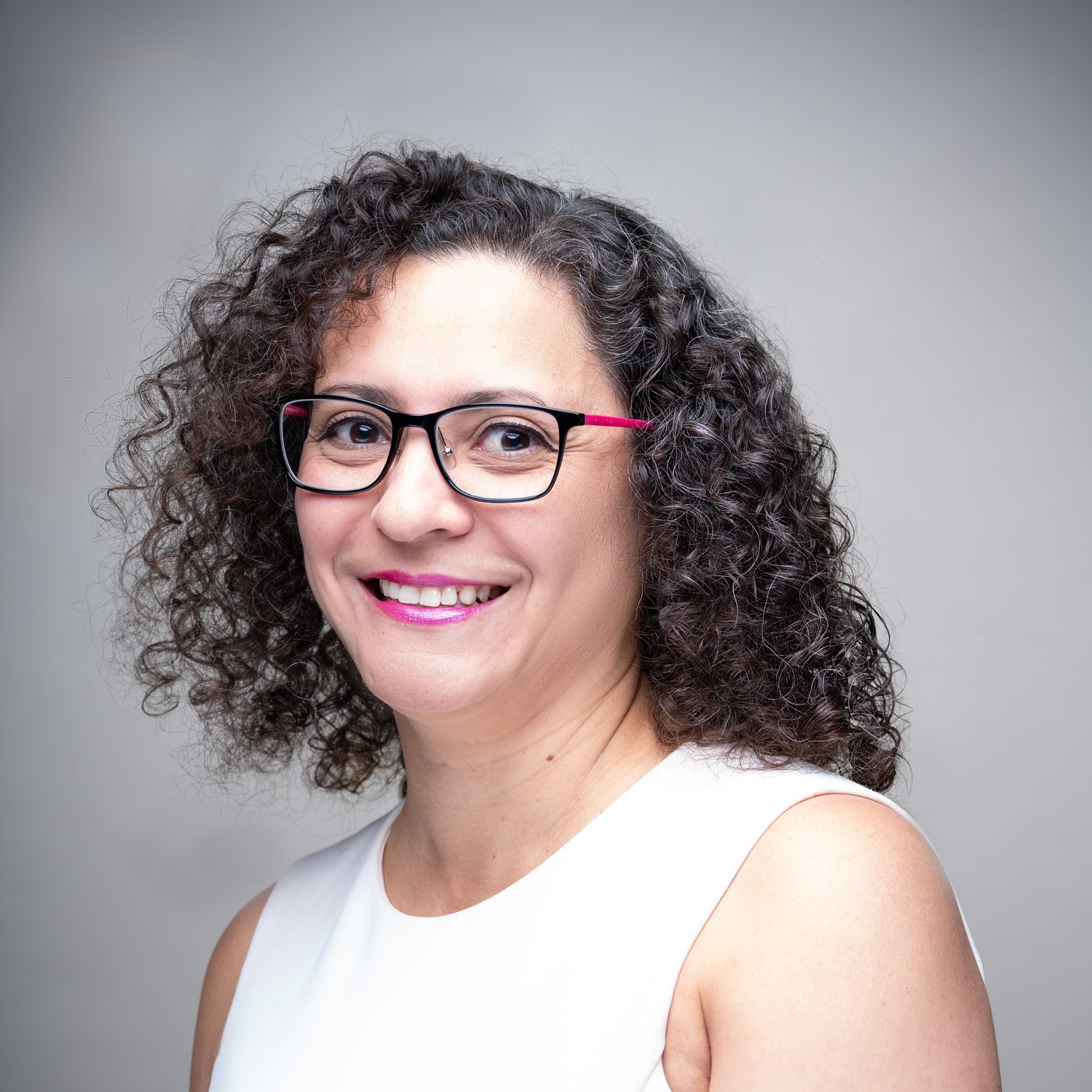Lamenting Loss, Experiencing Healing
07-01-2022
How do we stay connected to God in times of tragedy, loss, and despair? Rev. Dr. Lis Valle-Ruiz offers prayers of lament as a path toward healing and hope when we encounter dark and difficult days.
A candle was lit. The names of the loss were read. Those gathered lamented.
Rev. Dr. Lis Valle-Ruiz has been calling the McCormick community together to lament. The assistant professor of Homiletics and Worship has no regularly scheduled times for these in-person and virtual Moments of Prayer. They happen as needed, and recently, they’ve been needed a lot.
Within a two-week period, the nation had seen racial hatred acted out in a New York grocery store, experienced the trauma of an elementary school shooting in Texas, and witnessed a young life taken at Millennium Park in Illinois. A continuous onslaught of needless tragedy can cause despair, or it can be a persistent invitation to remember the faithfulness of God. For Rev. Dr. Valle-Ruiz it’s the latter.
“Prayers of lament often start with the complaint…what’s not right,” says Dr. Valle-Ruiz, but after the moments of pouring ourselves out to God, there comes a time when we remember God’s faithfulness in other situations, put the situation in God’s hand, and trust that God will intervene as God has in the past.”
As fast as Dr. Valle-Ruiz can lay out a structure for a prayer of lament, she also emphasizes the need to recognize human agency. “One of the things I find very interesting, is that we are quick to say that God respects human agency when it comes to salvation,” she says, “but when something bad happens, we don’t think there is human agency involved…that there are things we can do.”
Prayers of lament can call on people to use whatever power they have to change the conditions that create harm and injustice in our world, points out Dr. Valle-Ruiz. “We pray with our feet when we attend a protest rally or give support to those who are hurting,” she says. “We can help to change unjust situations through our actions.”
Last year, Dr. Valle-Ruiz, along with Dr. Jia Kang, assistant professor of Hebrew Bible/Old Testament, created a resource kit, Lament, Healing and Community, that provides an overview of the Psalms of lament, principles for recovering from trauma, and benefits of public worship and lament.
Prayers of lament, notes Dr. Valle-Ruiz, not only help us stay connected to God, but they also keep us connected to each other. “When we come together in prayers of lament, we discover that we are not alone in our sorrow nor our desire for peaceful ways to bring about change in our environment,” say Dr. Valle-Ruiz, “Prayers of lament can include rituals and have structure, and they also give us time collectively to reflect on what it means in our day to love mercy, do justice and walk humbly with God.”
Described as a gift from God for healing, prayers of lament, states Dr. Valle-Ruiz, give us time to discern godly ways to respond to the challenges of our lives. “They provide space to mourn and the opportunity to imagine a different future,” she says. “As we release our pain to God and share our burden with others, we can be brought back to a place of faith and trust in the goodness and power of God.”
Announcements about Moments of Prayer can be found on McCormick’s Facebook and Instagram pages, and from email notifications.
Rev. Dr. Lis Valle-Ruiz
Download the Lament, Healing and Community resource kit here.


